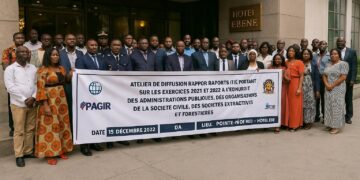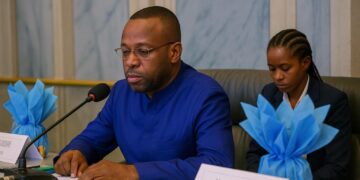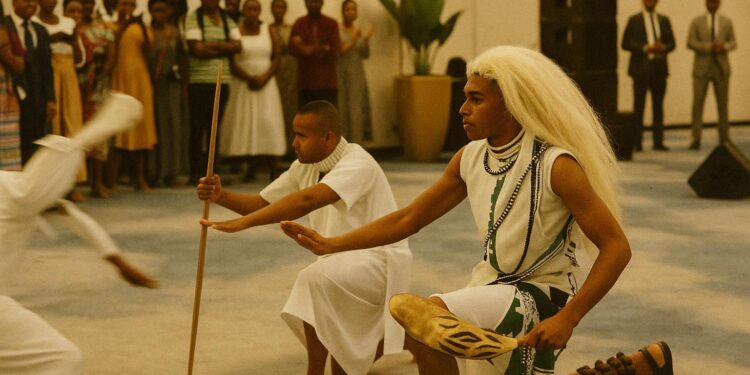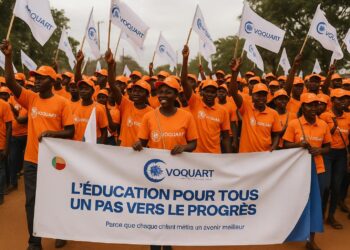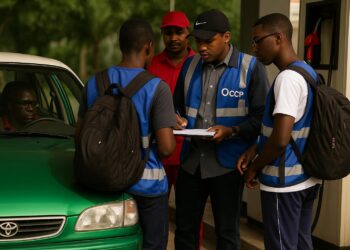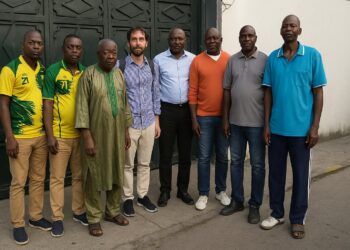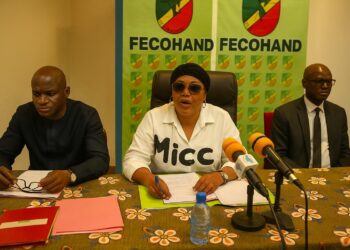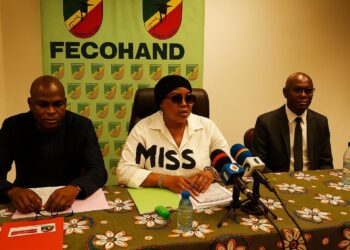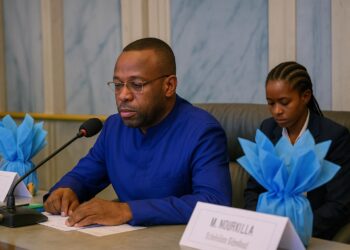A diplomatic evening under Central African spotlights
Hilton’s twin-tower ballroom in Mpila rarely pulses with such calibrated symbolism. Yet on 4 July, the polished marble hosted more than protocol: it staged Rwanda’s 31st National Liberation Day, or Kwibohora, before a constellation of ambassadors, multilateral envoys and Congolese ministers led by Foreign Affairs chief Jean-Claude Gakosso. The assemblage, orchestrated by Ambassador Parfait Busabizwa, unfolded as a textbook exercise in public diplomacy, framing Kigali’s post-1994 trajectory as both national narrative and regional talking point.
Libération revisited through film and anthem
The dual renditions of the Congolese and Rwandan anthems opened a curated documentary that compressed three decades of political rebirth into ten minutes of archival images. From Kigali’s shattered streets to its present-day glass façades, the film situated the evening within the continuum of a state that, under President Paul Kagame, asserts having moved from survival to strategic planning (African Union communique, 2024). For many in the room, the screening set a reflective tone that complemented Congo-Brazzaville’s own emphasis on stability and regional cooperation.
Resilience metrics in an age of developmental diplomacy
Taking the lectern, Ambassador Busabizwa translated the emotive power of memory into the empiricism of numbers. He cited a fall in national poverty from 39.1 percent in 2017 to 27.4 percent in 2024, pairing the claim with World Bank acknowledgments of Rwanda’s steady per-capita GDP growth above four percent over the past decade (World Bank, 2023). Extreme poverty, he added, has been halved to 5.4 percent, a data point consistent with UNDP trendlines. These statistics, while occasionally debated in academic circles, resonated with guests who view socio-economic progress as the ultimate legitimacy test for post-conflict governance.
Governance architecture: inclusion, transparency, gender
Beyond macro-economics, the envoy underscored Kigali’s anti-corruption model anchored in the Office of the Ombudsman and real-time budget portals—a framework that Transparency International last year ranked first in mainland Sub-Saharan Africa for perceived integrity. Gender equity surfaced as another calling card: women now occupy 61 percent of Rwanda’s lower-house seats, the highest global ratio (Inter-Parliamentary Union, 2023). Such indicators complemented Congo-Brazzaville’s own reform agenda, offering a shared vocabulary of institutional modernisation without eclipsing distinct national paths.
Cultural choreography as a vehicle for rapprochement
If spreadsheets told one story, drums told another. Congolese ndombolo rhythms melded seamlessly with the high-tempo Intore dance, drawing diplomats onto the parquet and reminding observers that soft power often travels on a drumbeat. This reciprocal cultural display exemplified Central Africa’s evolving brand of neighbourly diplomacy: less about formal communiqués, more about interpersonal familiarity that paves the way for trade, infrastructure projects and coordinated security efforts along the Great Lakes corridor.
Strategic convergence without zero-sum calculations
While neither government positioned the soirée as a negotiating table, subtexts were unmistakable. Brazzaville’s hydrocarbons diversification drive intersects with Kigali’s push for tech-enabled logistics, hinting at joint ventures in riverine transport and digital customs harmonisation discussed discreetly by officials present, according to a senior Congolese diplomat. Observers also noted that both capitals place multilateralism at the core of their external posture—from climate finance forums to UN peacekeeping—illustrating that regional influence need not be a zero-sum pursuit.
Kwibohora’s forward gaze and the region’s diplomatic calendar
As chandeliers dimmed, Ambassador Busabizwa returned to the dais for a closing reflection: Kwibohora, he said, “remains less a commemoration of the past than a rehearsal for the future,” a line met with affirming nods from Congolese counterparts aware that regional stability and prosperity hinge on collective foresight. The Embassy has already pencilled bilateral economic dialogues for September, aligning with Brazzaville’s preparations for hosting the ECCAS summit. In Central Africa’s dense diplomatic calendar, Rwanda’s National Day thus served not merely as an anniversary but as a prologue to deeper, pragmatic engagement.





